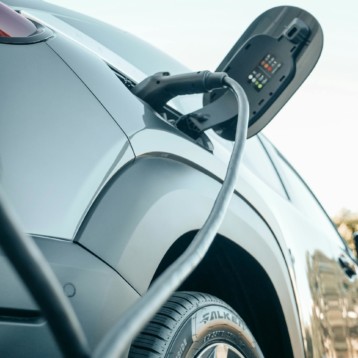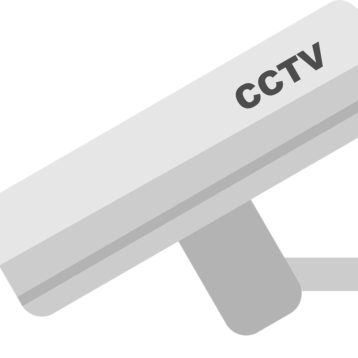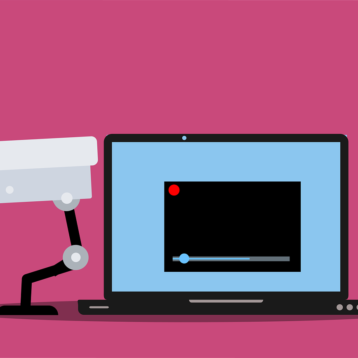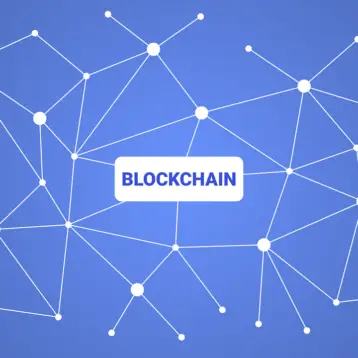Kick-off
Ever thought about what it would be like if your city could operate like a supercomputer? It might seem like a plot from a futuristic movie, but guess what? It’s rapidly becoming our reality, all thanks to the Internet of Things (IoT) and improved connectivity. As urban populations explode, the traditional infrastructure of our cities is being challenged. But, hold your breath, IoT and sophisticated connectivity are coming to the rescue, unlocking a new era of smart cities, enhancing urban living like never before. Let’s delve into how this is happening!
The Backbone of Smart Cities: IoT and Connectivity
With the digital era upon us, technology has revolutionized various aspects of our lives. Whether learning how to short crypto or exploring autonomous vehicles, the technological leaps are astounding. Yet, among these advancements, the Internet of Things (IoT) stands out, fundamentally changing the structure of our cities.
IoT is a sophisticated network of interconnected devices, that can communicate and share data without any human interaction. Ever considered what it would mean if our cities could think and act on their own? Here’s how that would look:
- IoT devices equipped with sensors can be integrated into any part of a city’s infrastructure, from traffic signals to water networks.
- These devices collect data and send it to a central system.
- This data is then analyzed to generate valuable insights, which can be used to optimize and automate city operations.
The Urban Transformation Through Smart Cities
Picture this – a city without traffic jams, adaptive street lighting, and waste management systems operating autonomously. Sounds like a utopian dream? Well, that’s the potential of smart cities!

Better Traffic Management
All of us have spent countless hours trapped in traffic. IoT can alleviate this daily nightmare. With sensors embedded in traffic lights and roads, real-time data can be collected and analyzed to optimize traffic signals and provide drivers with the quickest routes. The result? Reduced congestion and travel times.
Environmental Stewardship
As the threat of climate change intensifies, the importance of environmental sustainability grows. Here’s how smart cities can help:
- Intelligent energy grids can minimize energy waste and integrate renewable energy sources.
- Advanced waste management systems can maximize efficiency in waste collection and recycling.
Increased Public Safety
Smart cities also provide enhanced public safety. By analyzing data from various sources, such as security cameras and emergency calls, cities can proactively identify safety concerns and take appropriate action to prevent crimes and accidents.
Connectivity: The Fuel for Smart Cities
While all these advancements are exciting, they would be impossible without advanced connectivity. Think of connectivity as the fuel that powers the smart city engine. To effectively function, IoT devices within a smart city need to interact with each other and the central system flawlessly. This is where next-gen technologies like 5G, Wi-Fi 6, and satellite internet come in, offering high-speed, reliable connections that smart cities demand.
Wrapping Up
In essence, IoT and connectivity aren’t just revamping urban living; they’re completely reimagining it. The emergence of smart cities promises a future where urban areas are not just more efficient and sustainable, but also safer. These digital cities will adjust to the needs of their citizens, making urban living more enjoyable and convenient than ever. So, is the idea of our cities transforming into intelligent hubs a far-off dream? Absolutely not. With IoT and advanced connectivity technologies, the era of smart cities is right on our doorstep!
Quick FAQs
Q: What is a smart city?
A: A smart city is an urban area that uses different types of electronic methods and sensors to collect data, which is then used to manage assets and resources efficiently.
Q: What role does IoT play in smart cities?
A: IoT provides the technology necessary to collect and analyze data from various city services, which can be used to improve efficiency and the quality of urban life.
Q: How does connectivity contribute to the functioning of smart cities?
A: Advanced connectivity technologies, like 5G, enable seamless communication between various IoT devices and systems in a smart city, allowing real-time data collection and analysis.










